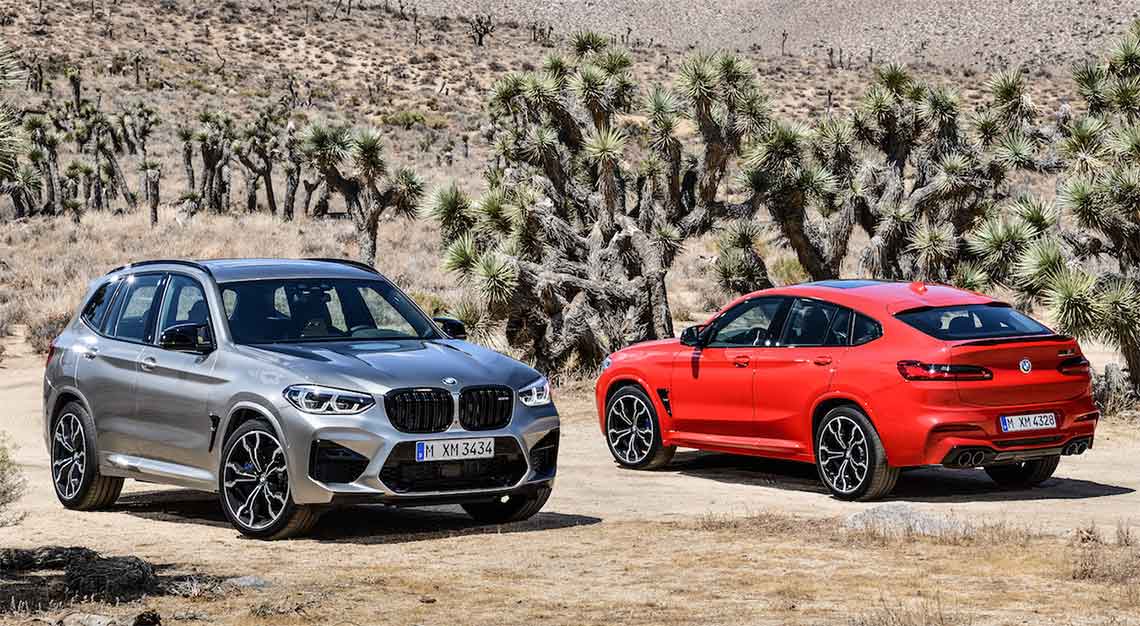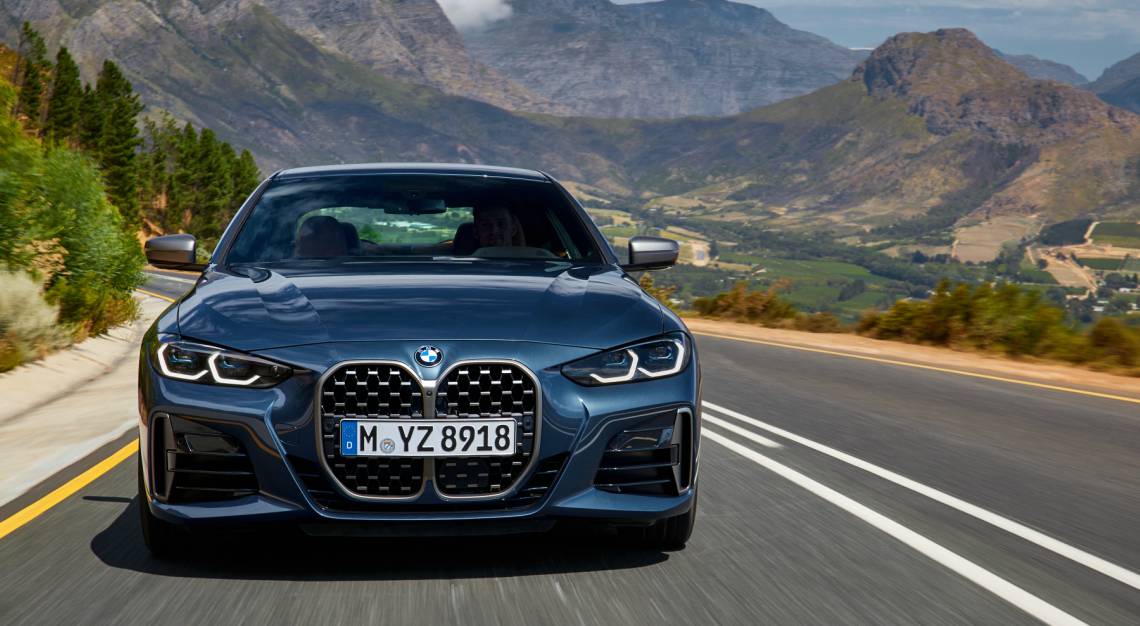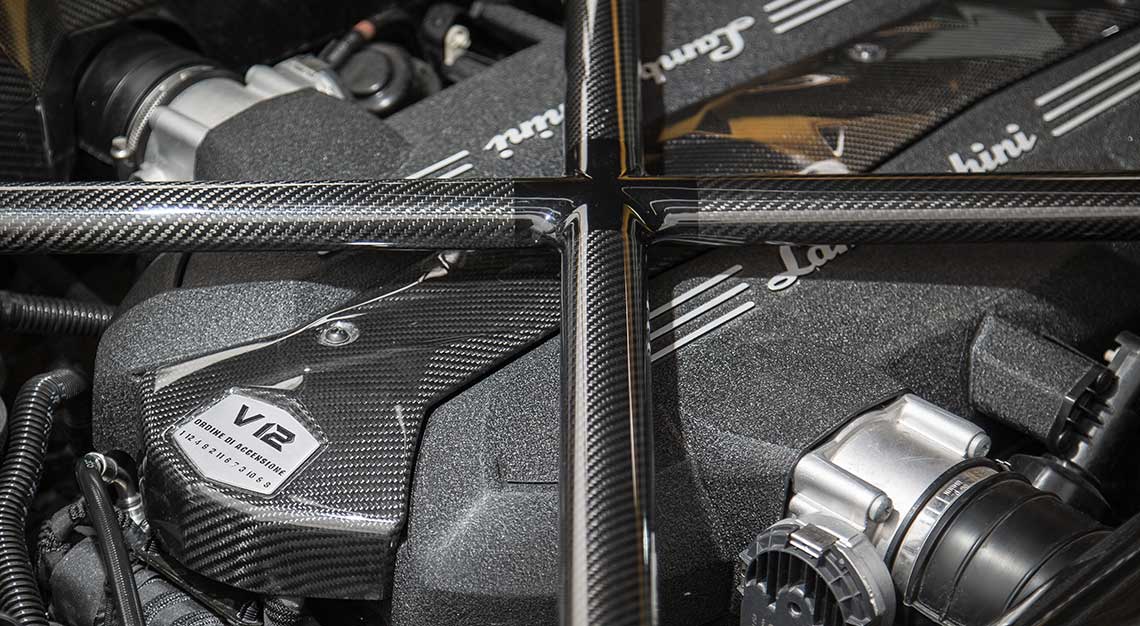Earlier this year, the vehicle’s debut was reportedly pushed back to 2028, but Apple has finally pulled the plug on its self-driving EV after more than a decade of work
It turns out that making a car, especially one that can drive itself, is very difficult.
Apple has finally pulled the plug on its self-driving EV after more than a decade of work, according to a report published by Bloomberg. The news ends what was shaping up to be the biggest project in the company’s history.
The announcement was made Tuesday by COO Jeff Williams and Kevin Lynch, a VP on the project, sources with knowledge of the situation told the news wire. It is said to have come as a shock to much of the nearly 2,000-member team. The executives told staff that once work on the car has been wound down, some employees will be shifted to generative AI projects. It’s unclear what will happen to the rest staff, which includes hardware engineers and auto designers, but some layoffs are expected.
Apple did not immediately respond to a request for comment from Robb Report.
As shocked as the team may have been, the news won’t be nearly as surprising to anyone who’s paid attention to Apple’s efforts to build a self-driving car. Although next to no concrete information was ever made available, Apple is believed to have spent more than 10 years working on—and poured a sizeable amount of resources into—Project Titan, as it’s rumored to have been called. Despite this, the vehicle’s expected debut has been pushed back multiple times. As recently as 2022, there was a belief that the self-driving car would be ready to debut in 2026.
Earlier this year, it became clear that the timeline was overly ambitious. In January, Bloomberg again reported that the vehicle’s arrival was being pushed back to 2028. That wasn’t the only bad news, though. Its self-driving capabilities were also being scaled back. Although Apple had initially wanted to release a vehicle that could fully operate itself under any circumstance (Level 5 autonomy), it was now focused on delivering some driver-assistance features (Level 2+), like those already found on EVs made by Tesla, Mercedes-Benz, and other automakers.
Building a self-driving car was always going to be a major undertaking for Apple. The US$2.79 trillion company is said to have wanted to enter an entirely new industry as a way of rejuvenating sales. It will now have to find another way to do this. Regardless, investors don’t appear to have been put out by the project’s cancellation. Apple’s share price rose by 1 per cent in the immediate wake of the news.
This story was first published on Robb Report USA






